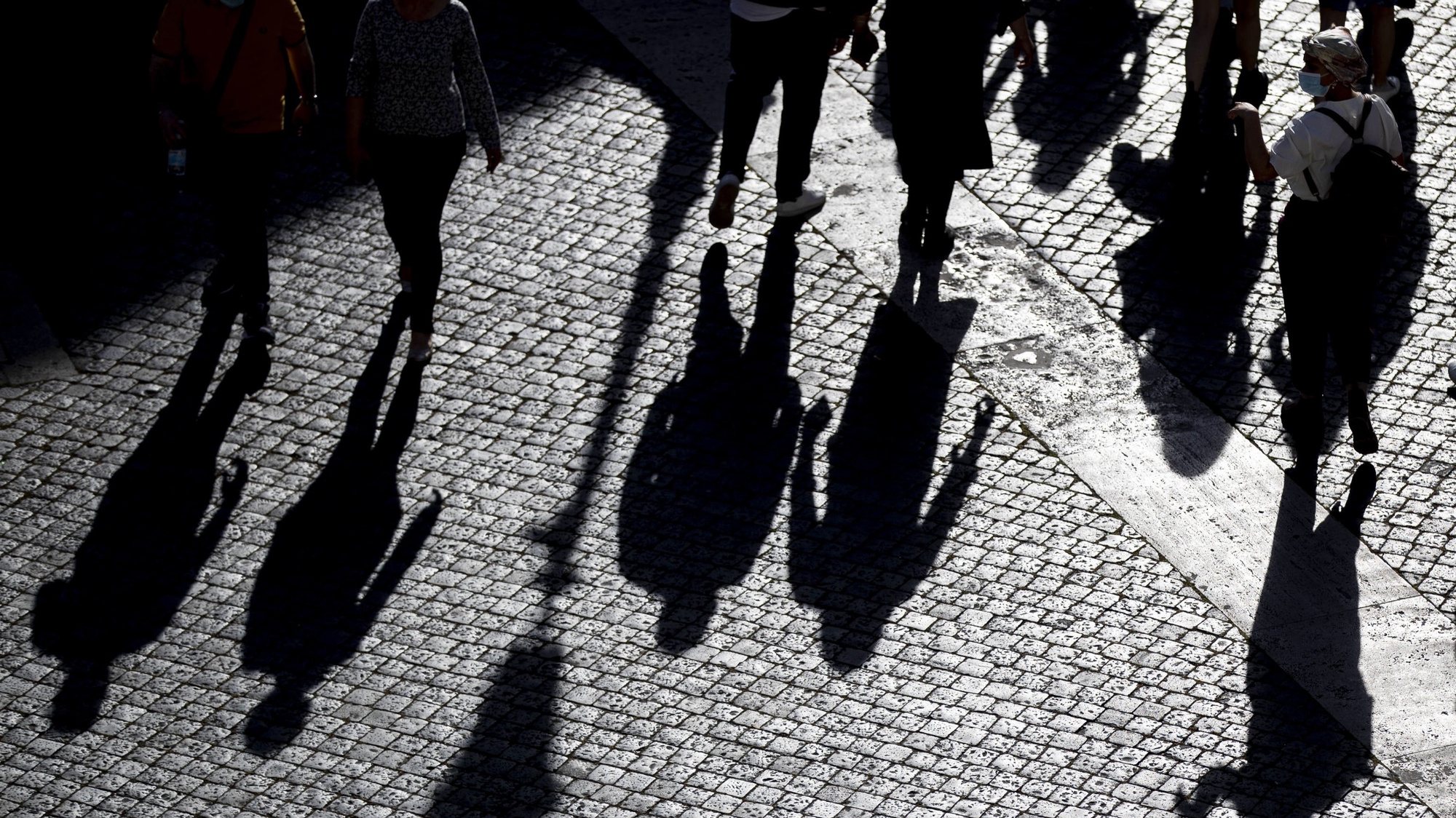The majority of Portuguese never exercise or play sports, indicates the Eurobarometer of Sport and Physical Activity published this Monday by the European Commission, with 73% of those surveyed in the country acknowledging this lack of activity.
According to the data presented in the fifth report dedicated to the subject, 73% of Portuguese say they never exercise or play sports, with 5% more who do it only “a few times”, more than those who do it “usually”, 4%. “With some regularity” is the response of 18% of the Portuguese respondents.
The data is especially serious in the country, which has the highest rate of the European countries covered by the studyfollowed by Greece (68%) and Poland (65%).
President of the Republic praises “unparalleled sporting success” of Portuguese futsal
At the other extreme are the Finns, with 71% of those surveyed in that country admit to exercising or playing sports at least once a weekbut also Luxembourg (63%) and the Netherlands (60%).
This is the first Eurobarometer dedicated to Sport and Physical Activity published since 2017, the date of the last edition, with 49% of Europeans surveyed revealing that they engage in some type of physical or sporting activity.
Furthermore, as global data, research shows that 38% of Europeans exercise at least once a week, 17% do it less often and up to 45% do it not at all.
A The highest activity rates are found among the youngest, aged between 15 and 24 years.with more than half of Europeans in this age group, 54%, doing so with “some regularity”, dropping to 42% between 25 and 39 years old and 32% between 40 and 54. From age 55, only 21% say they exercise regularly.
Portugal in the top 5 of countries with the most irregularities in European funds
The Eurobarometer also analyzed the impact of the Covid-19 pandemic, which in Portugal kept 41% of those surveyed engage in physical activity but less frequently, another figure above the European average of 34%.
Only 22% remained “as physically active as before”, 19% abandoned their sports activity and 7% increased their practice.
Among the reasons listed by respondents for lack of more regular physical activity, lack of time, motivation or interest in sports are the most common.
In contrast, improved health, increased fitness, and feelings of relaxation are the top motivators reported, with around a third of respondents saying they prefer to exercise at home.
Launched as part of the European Week of Sport, the Eurobarometer shows “that it is important, vital, to continue and increase efforts to promote physical activity, healthy lifestyles and universal values, from gender equality to social inclusion. , through sport”, reinforced the European Commissioner for Innovation, Research, Culture, Education and Youth, Mariya Gabriel.
“As we work with Member States and partners in the European sports family, from clubs to athletes and coaches, and in particular young people, on the European Year of Youth, we will once again use this week to encourage all Europeans to exercise. ”, she defended.
Source: Observadora
